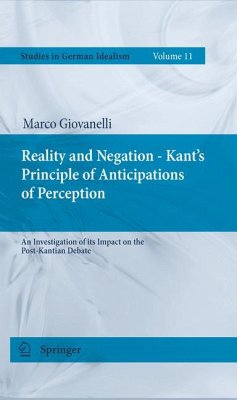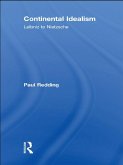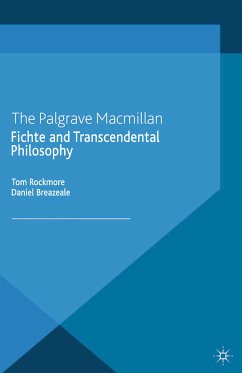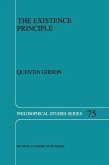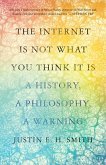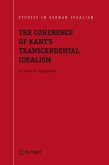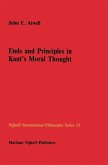Kant, in the Critique of Pure Reason, only dedicates a few pages to the principle of Anticipations of Perception and only a few critical studies are outspokenly dedicated to this issue in recent critical literature. But if one considers the history of post-Kantian philosophy, one can immediately perceive the great importance of the new definition of the relationship between reality and negation, which Kant's principle proposes. Critical philosophy is here radically opposed to the pre-critical metaphysical tradition: "Reality" no longer appears as absolutely positive being, which excludes all negativity from itself, and "negation" is not reduced to being a simple removal, the mere absence of being. Instead, reality and negation behave as an equally positive something in respect to one another such that negation is itself a reality that is actively opposed to another reality. Such a definition of the relation between reality and negation became indispensible for post-Kantian Philosophy and represents a central aspect of Kantian-inspired philosophy in respect to Leibnizian metaphysics. The present work therefore departs from the hypothesis that the essential philosophical importance of the
Anticipations of Perception can only be fully measured by exploring its impact in the Post-Kantian debate.
Dieser Download kann aus rechtlichen Gründen nur mit Rechnungsadresse in A, B, BG, CY, CZ, D, DK, EW, E, FIN, F, GR, HR, H, IRL, I, LT, L, LR, M, NL, PL, P, R, S, SLO, SK ausgeliefert werden.

